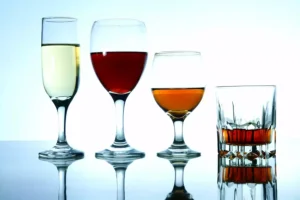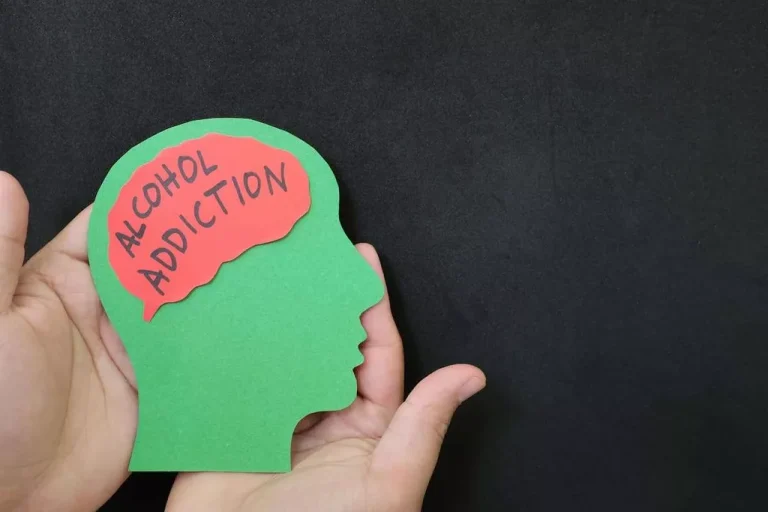
This article reviews what is currently known regarding the specific features of acute alcohol-induced memory dysfunction, particularly alcohol-induced blackouts, and the pharmacological mechanisms underlying them. First,alcohol-induced blackouts are amnestic periods, and as such, researchers arerelying on self-report of alcohol consumption for a period of time that theindividual cannot recall. As such, future researchshould use alternative methodologies to better understand the phenomenology ofalcohol-induced blackouts. For example, information might be obtained from aresearch observer, posing as a confederate, who is not drinking but is presentat the drinking event. Also, because short-term memory remains intact, use ofecological momentary assessment with smart phones might also be useful forgathering information about the drinker’s experiences while he or she isin a blackout state. Subsequent interviews could then determine what aspects ofthose events were remembered and whether they were remembered in the same waythat they were reported during the drinking event.
Consequences of Alcohol Use in Diabetics

The evaluation consists of 11 yes-or-no questions that are intended to be used as an informational tool to assess the severity and probability of an alcohol use disorder. The test is free and confidential, and no personal information is needed to receive the results. Contact us today to find an alcohol treatment program for yourself or a loved one with diabetes. Inpatient alcohol rehab programs often offer medical detox services as well as integrated treatment services for substance use and medical conditions. By entering a rehab program, specialists can help develop a treatment plan that meets you or your loved one’s needs for addiction recovery. Finally, alcohol can also interact with common medicines prescribed for diabetes, including chlorpropamide (Diabinese), metformin, and troglitazone.
Learn more about smart insulin pen
For young adults attending college, where high levels of drinking can seem normative, it is possible that social, economic, or legal problems related to drinking are necessary to impact symptoms of depression. This would be consistent with literature linking stressful life events to depressive episodes (Kessler, 1997). However, multiple studies have found that the association between problematic alcohol use and symptoms of depression is maintained when controlling for social or environmental variables (e.g., socioeconomic status, social support, negative life events) (Boden and Fergusson, 2011). In this case, the additional experience of alcohol-related consequences may then exacerbate these underlying vulnerabilities to depression. Subsequent research provided additional evidence suggesting a link between blackouts and rapidly rising BACs. Goodwin and colleagues (1970) examined the impact of acute alcohol exposure on memory formation in a laboratory setting.

Effects of Alcohol Consumption in the Fed State
“Anything that causes damage to the brain, whether temporary or permanent, can cause memory loss if the damage is in the right spot,” states Dr. Streem. Depending on the severity of someone’s alcohol use disorder, they may choose to seek inpatient or an outpatient treatment. Withdrawal symptoms from alcohol can be extremely painful and sometimes life-threatening, so if detox is needed, it is recommended to undergo treatment in a facility providing around-the-clock medical supervision. Alcohol use disorders (AUDs) can have a profound, negative impact on a person’s ability to function in their personal and professional lives. The added difficulty of a medical condition like diabetes only makes this worse and can greatly harm both physical and psychological health.
- A person who has blacked out or overdosed on alcohol could throw up while sleeping due to the loss of reflex control.
- With a brownout, you may be able to remember certain details from the period of time you were affected, but other portions of time can’t be recalled.
- More than 30 years ago, both Ryback (1970) and Goodwin and colleagues (1969a) speculated that alcohol might impair memory formation by disrupting activity in the hippocampus.
Who is Most At Risk for Blacking Out?
- « Easy to implement changes include using blackout curtains or sleeping with eye masks. This is useful especially for those living in areas with high light pollution. »
- Alcohol blocks insulin production in the liver, which can cause glucose stores to become dangerously low.
- This study provides evidence of a longitudinal association between alcohol-induced blackouts and symptoms of depression.
- This article will examine how alcohol affects blood sugar levels and how people with diabetes can safely drink alcohol.
Although the mechanism ofalcohol-induced blackouts is now known, our understanding of the specificneurobiological vulnerability and why some individuals are more likely toexperience alcohol-induced blackouts while others are not has been an area ofgrowing interest. Using longitudinal methods, Schuckit andcolleagues can diabetics get drunk (2015) and Wilhite andFromme (2015) focused specifically on prospective analyses ofalcohol-induced blackouts. Schuckit andcolleagues (2015) used latent class growth analysis to evaluate thepattern of occurrence of alcohol-induced blackouts across 4 time points in 1,402drinking adolescents between the ages of 15–19.
Effects of Excessive Drinking and Blackouts
Cardiovascular Disease

Symptoms Of Dangerous Drinking In Diabetics
Recognizing the risks

